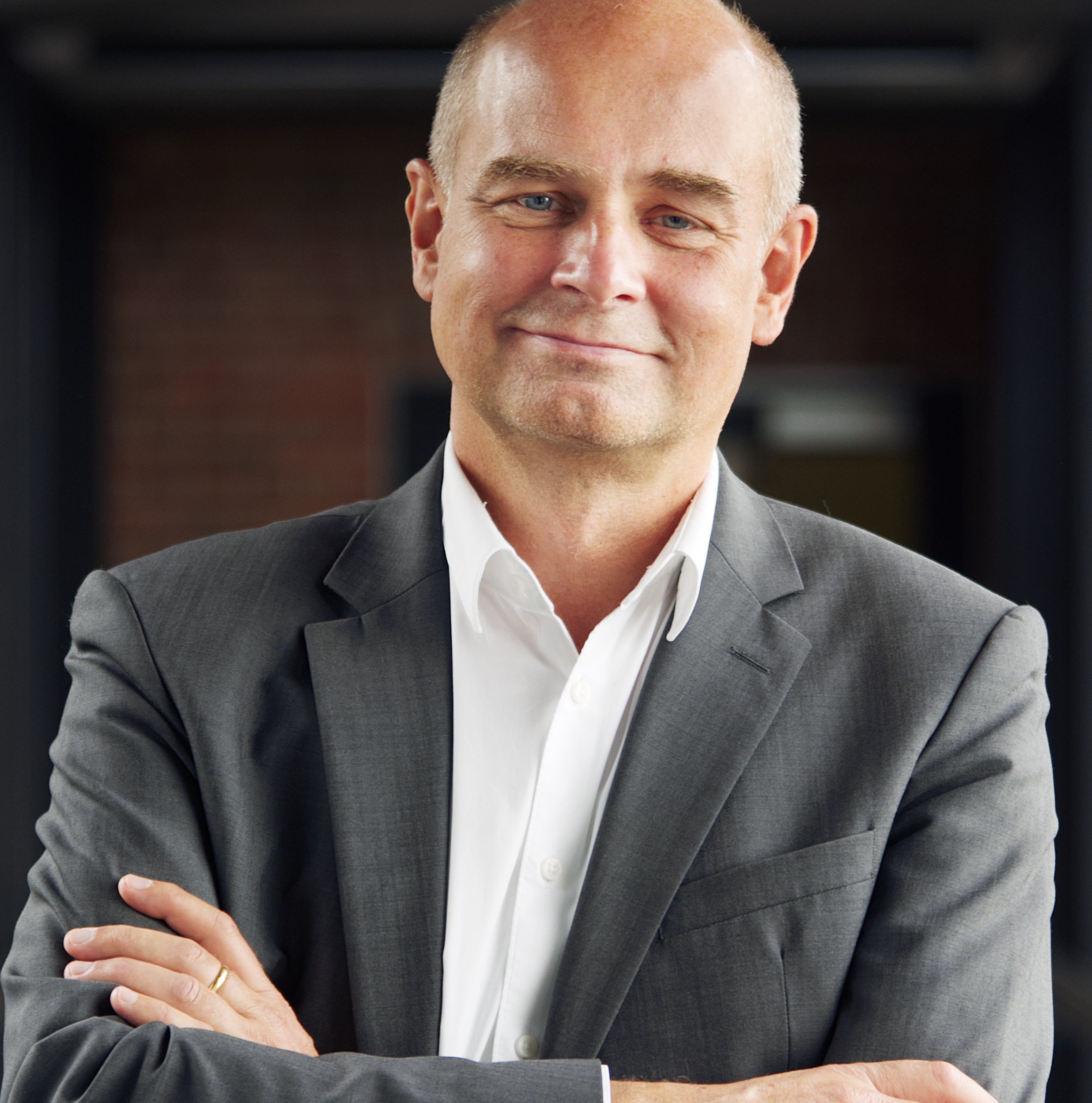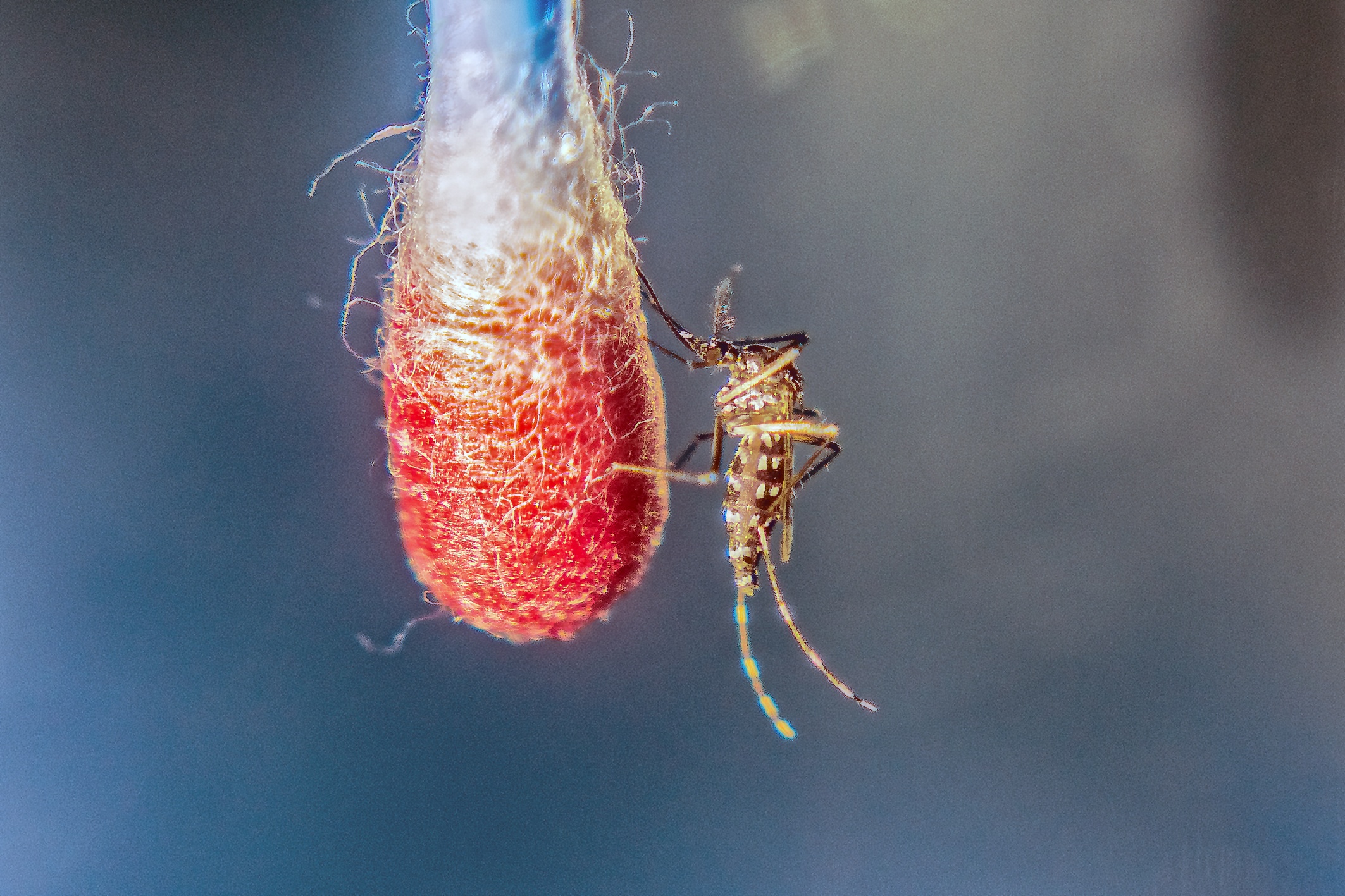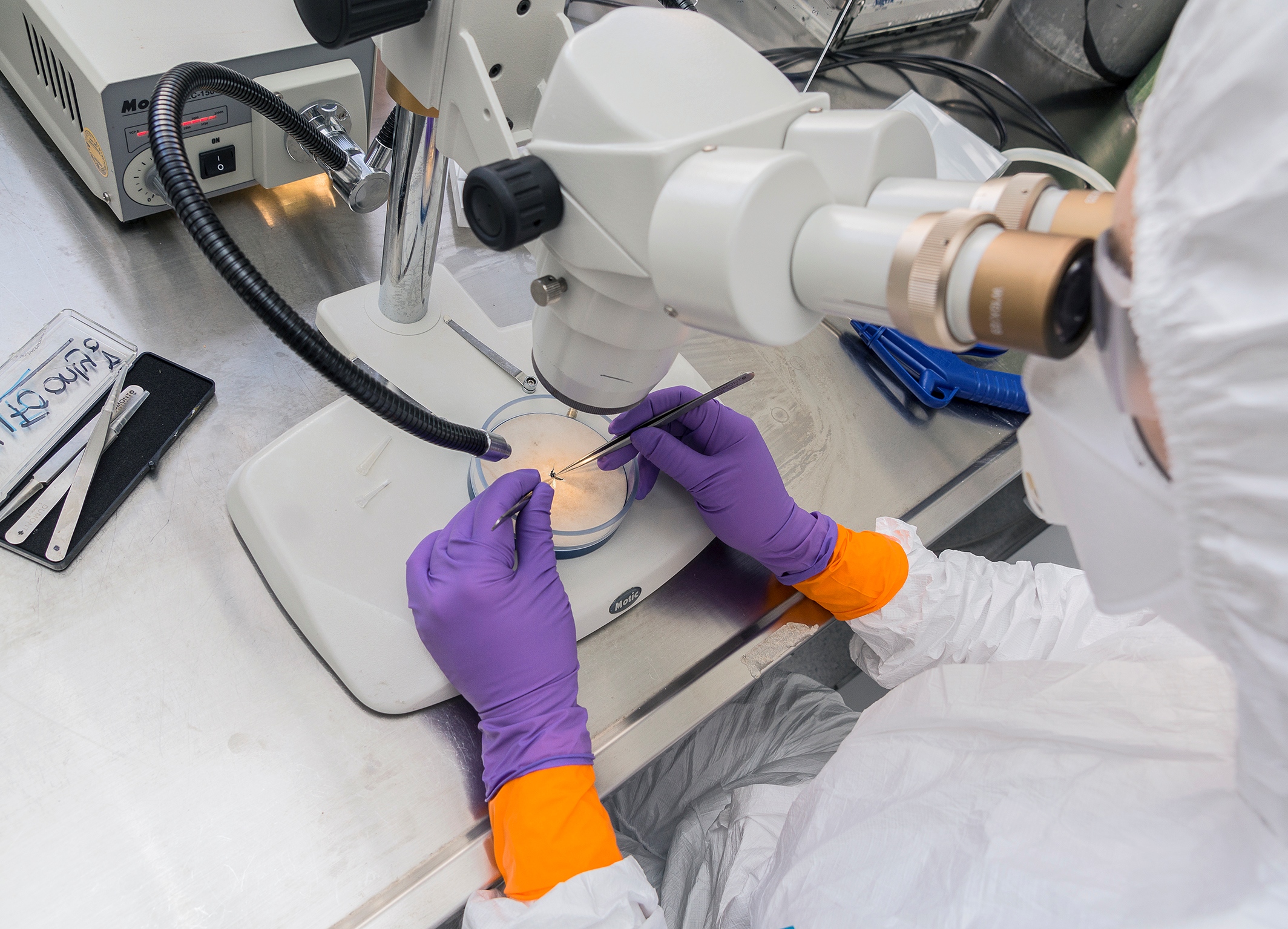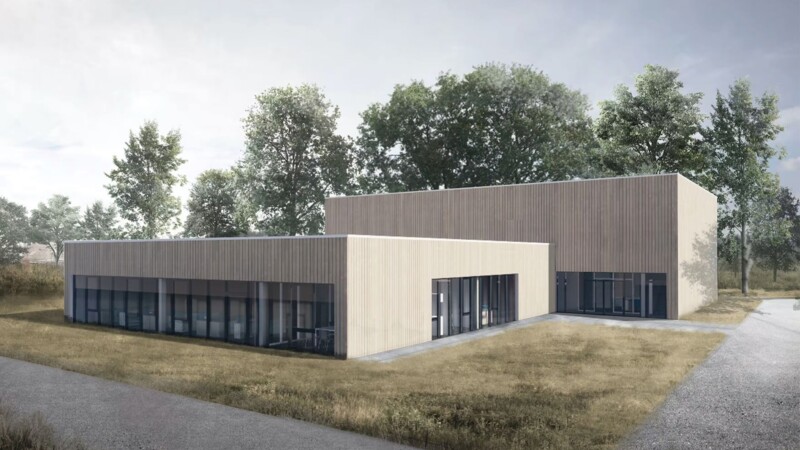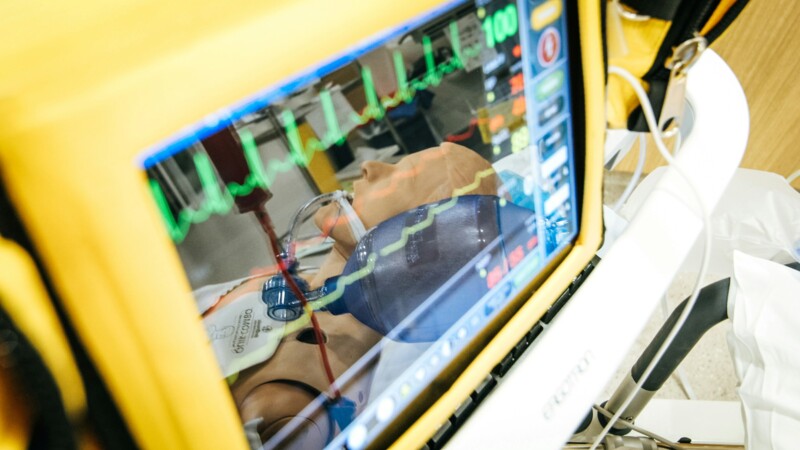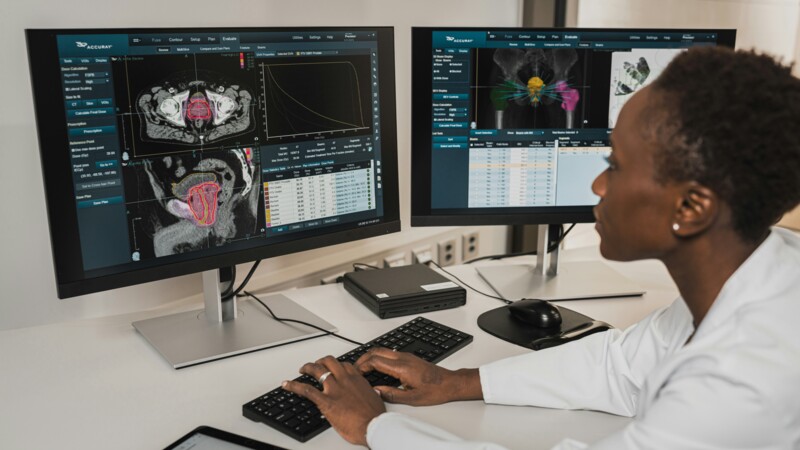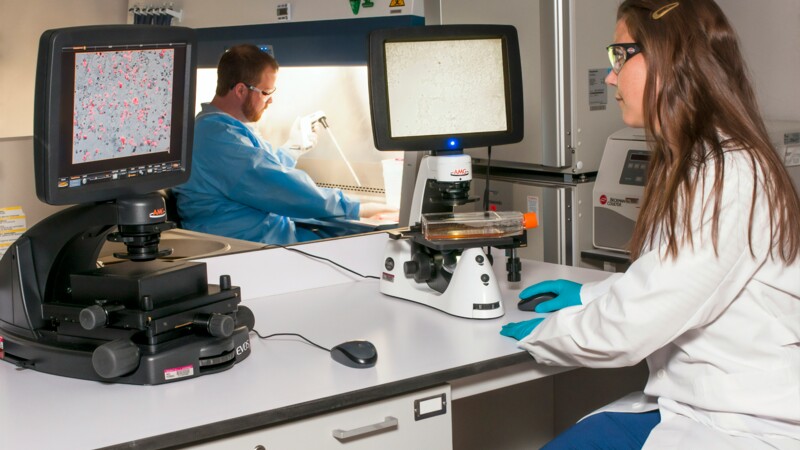Hamburg News: Will you be advancing digital infection research there?
Prof. Jürgen May: "Precisely. The centre was launched on September 1. Professor Thomas Otto is head of the Computational Infection Biology department. We have a wealth of data from infection research that we want to analyse using innovative bioinformatics methods. A second professorship is planned for "One Digital Health". By combining AI and bioinformatics, we aim to develop new digital diagnostic methods and improve epidemic prediction, including the spread of malaria. We hope that these new possibilities will lead to significant healthcare innovations in poorer countries.
Hamburg News: BNITM developed the standard test for diagnosing malaria. Is the disease still a problem?
Prof. Jürgen May: "Absolutely. Every year, 600,000 people still die from this infectious disease, especially children under the age of five. The BNITM has been involved in malaria research since it was founded. It is part of our Strategy 2030, which outlines our goals and visions for the next five years. They include combating local and global epidemics, deciphering the structures and interactions of pathogens and combating poverty-related and neglected (tropical) diseases. Unfortunately, that still brings us back to malaria even though research has made great progress."
Hamburg News: What else is on agenda in future?
Prof. Jürgen May: "We are planning a new building in Science City Bahrenfeld because we are literally bursting at the seams. Over the past five years, we have grown from 280 to more than 400 employees. However, the listed Schumacher building on Bernhard-Nocht-Straße will be retained and extensively renovated in the coming years."
Hamburg News: Thank you very much for the interesting interview!
ys/kk/pb
Interview by Yvonne Scheller
